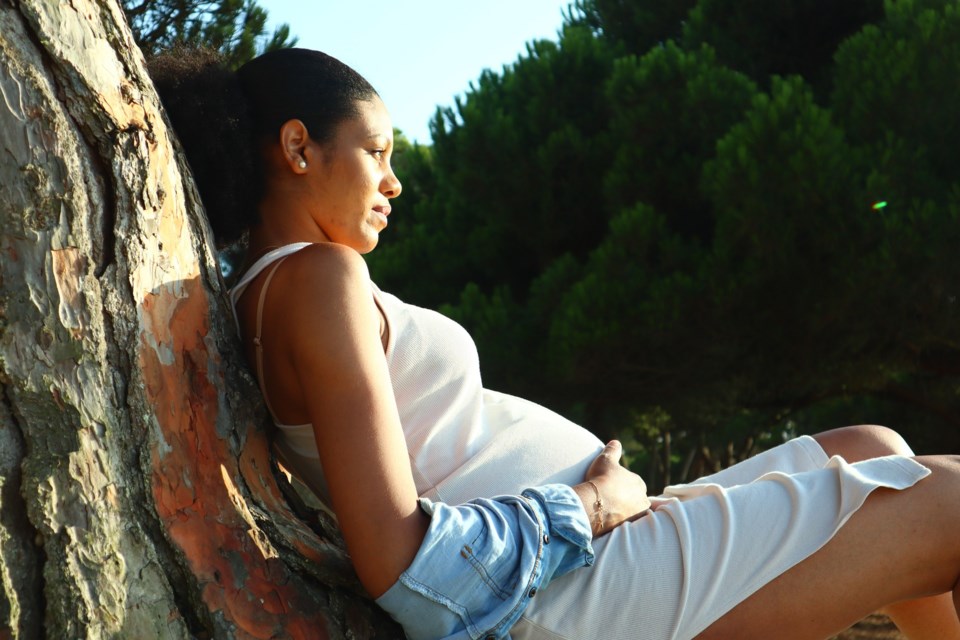Stepping outside your Brooklyn home in the summertime, you’re greeted with the scent of backyard barbecues, the sounds of children laughing in the playgrounds, music blaring from passing cars and the distant jingle of a Mr. Softee ice cream truck. While many eagerly anticipate summer adventures, for those in vulnerable positions, extreme heat exacerbated by climate change poses serious risks—especially for pregnant women.
Pregnant women are particularly susceptible to the health impacts of extreme heat. For women from low-income communities and communities of color, that vulnerability is exacerbated as these women are disproportionately affected by systemic inequities in healthcare access and resources. As a pregnant woman navigating the sweltering Brooklyn summer heat — whether it be standing for what seems like hours waiting for public transportation or walking long city blocks, I struggled to fend off heat exhaustion while battling the fear and anxiety of protecting both my health and my baby's.
Research indicates that during pregnancy, physiological changes occur, resulting in a 20% increase in oxygen consumption, a 40% to 50% increase in minute ventilation and a 40% increase in cardiac output. These changes heighten a pregnant woman’s vulnerability to heat stress which can lead to low birth weight, preterm births, preeclampsia and miscarriages. Coupled with the barriers of racial inequities and socioeconomic disparities, these factors can drastically deteriorate maternal health, potentially leading to increased maternal mortality.
This past summer, New York City hit a record number of heat emergencies, with over 12 days of 90-degree temperatures and three heat waves. Central Brooklyn, where predominantly low-income and non-Latinx Black individuals reside, have high heat vulnerability, which puts residents there at a greater risk of dying during extreme heat. According to the 2024 New York City Heat-Related Mortality Report, Black New Yorkers are twice as likely to die from heat stress than white New Yorkers. This disparity is largely due to a lack of trees, heat-trapping pavements, and insufficient access to at-home air conditioning.
To address these alarming disparities, Brooklyn must become a priority for city planners and policymakers. Mitigating the dangers of extreme heat requires more than just opening cooling centers and pools– it is essential to expand access to affordable air conditioning units. Additionally, integrating maternal health into climate action plans is crucial.
Organizations like Healthy Babies Bright Futures have outlined actionable steps that city governments can take to significantly improve the quality of life for at-risk communities. Proposed measures include planting trees and creating vegetative barriers, transitioning to electric or solar-powered fleets and utilizing solar energy in government buildings. It’s vital to tackle the root causes of the climate crisis while also ensuring access to quality prenatal care, maternal nutrition, community support systems and sanitation initiatives for cleaner air.
Advocating for public policies that promote these goals is essential—not only to protect the health of pregnant women but also to safeguard the well-being of future generations.
Sierra Chung, a Brooklyn resident, is obtaining a Masters in Public Health at SUNY Downstate Health Sciences University.




